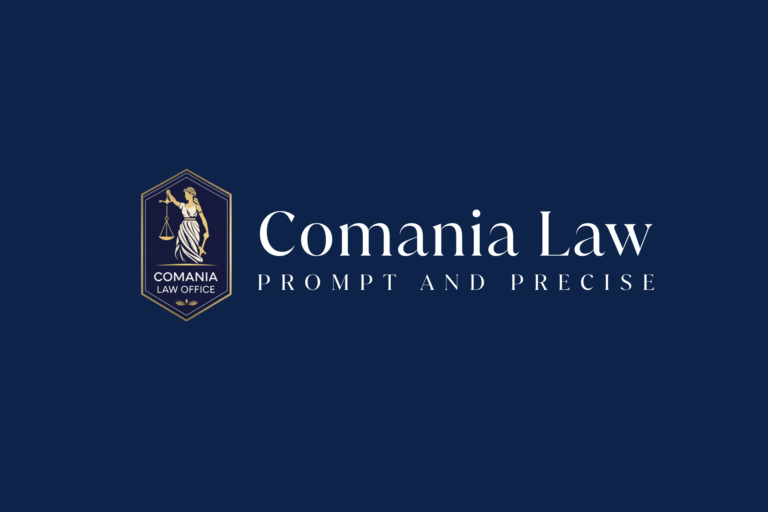MANILA, Philippines — In a landmark decision that re-calibrates the disciplinary rules for court employees, the Supreme Court (SC) en banc on May 20, 2025, introduced key amendments to Rule 140 of the Rules of Court and ultimately decided to reprimand a court stenographer who was habitually tardy due to a first-time pregnancy.
The ruling, penned by Associate Justice Alfredo Benjamin S. Caguioa, stemmed from the administrative case titled Employees’ Leave Division, Office of Administrative Services, Office of the Court Administrator v. Javeelyn L. Mataro (A.M. No. P-24-192). The Court acknowledged that the previous stringent penalties for all habitual tardiness were often “unconscionable,” particularly for lower-salaried Judiciary personnel.
Antecedent Facts: Habitual Tardiness by Pregnant Stenographer
The administrative complaint was initiated by the Employees’ Leave Division of the Office of the Court Administrator (OCA) against Javeelyn L. Mataro, a Court Stenographer III at the Regional Trial Court, Branch 15, Naic, Cavite.
Mataro was cited for habitual tardiness, having incurred lateness 10 times in September 2023 and 12 times in October 2023.
In her verified Comment, Mataro sincerely apologized and explained that the tardiness occurred during her first pregnancy. She cited difficulty waking up early, trouble sleeping at night, and persistent nausea and vomiting during the day as the reasons for her delay. She, however, conceded that her condition did not excuse her from administrative liability, pleading for consideration of her status as a first offender.
Both the OCA’s Officer-in-Charge and the Judicial Integrity Board (JIB) recommended finding Mataro guilty of habitual tardiness. The JIB proposed a fine of PHP 17,501.00, stressing that health conditions do not absolve employees, but noting the mitigating circumstance of a first offense.
The Issues: Incommensurate Penalties for Court Employees
The Supreme Court, in reviewing the case, highlighted significant gaps and unintended harsh effects in the Judiciary’s existing disciplinary framework, specifically:
- Disproportionate Penalties: Under the then-existing, expanded Rule 140, habitual tardiness for all Judiciary personnel was classified as a less serious charge. This forced the Court to impose penalties of either suspension of 1 to 3 months or a fine of over P10,000.00 up to P20,000.00 (with minimum fine of over P17,500.00 with mitigating circumstances). This standard, originally for justices and judges, was deemed too severe for ordinary employees, especially for a first offense not causing operational prejudice.
- Harmful Impact on Lower-Salaried Staff: The existing penalties, particularly fines or suspensions, could lead to the further loss of critical performance-based benefits (like the Productivity Enhancement Incentive, Mid-Year Bonus, and Cash Gift). The Court noted this was especially punitive for lower-salaried employees, creating an “irrationally heightened” and salary-dependent penalty system.
The Ruling and Reforms: Reprimand and Rule Amendment
The Supreme Court resolved the matter by simultaneously amending its rules and imposing a lighter, commensurate penalty on Mataro.
The Court found Mataro’s explanation—that her tardiness was caused by her first pregnancy—compelling. Considering she readily admitted her lapse, offered a sincere apology, and that her delays did not cause prejudice to her office’s operations, the Court found her guilty of the newly created, lower-level offense.
Javeelyn L. Mataro is GUILTY of ordinary habitual tardiness not causing prejudice to the operations of the office.
She was REPRIMANDED with a STERN WARNING that any repetition of the offense will warrant a more severe penalty.
Amendments to Rule 140
To ensure a “just and reasonable” disciplinary framework, the Court proactively amended Rule 140, classifying habitual tardiness into two distinct offenses:
- Light Charge: “Ordinary habitual tardiness not causing prejudice to the operations of the office.”
- Less Serious Charge: “Habitual tardiness causing prejudice to the operations of the office and/or Habitual absenteeism.”
This change now allows the Court to impose sanctions for light charges such as censure or reprimand, which allows the employee to retain key benefits, effectively decoupling minor, first-time offenses from severe financial penalties. The Court also SUSPENDED the application of guidelines for withholding two specific benefits (Employee Imperatives Assistance and Cost of Living Allowance under the JDF) pending further review of their prejudicial effects.
The Court emphasized that these reforms do not indicate a relaxation of standards but are necessary to ensure that disciplinary actions are commensurate with the offense and prevent “unnecessary severity” against court personnel, particularly those with lower salaries.

